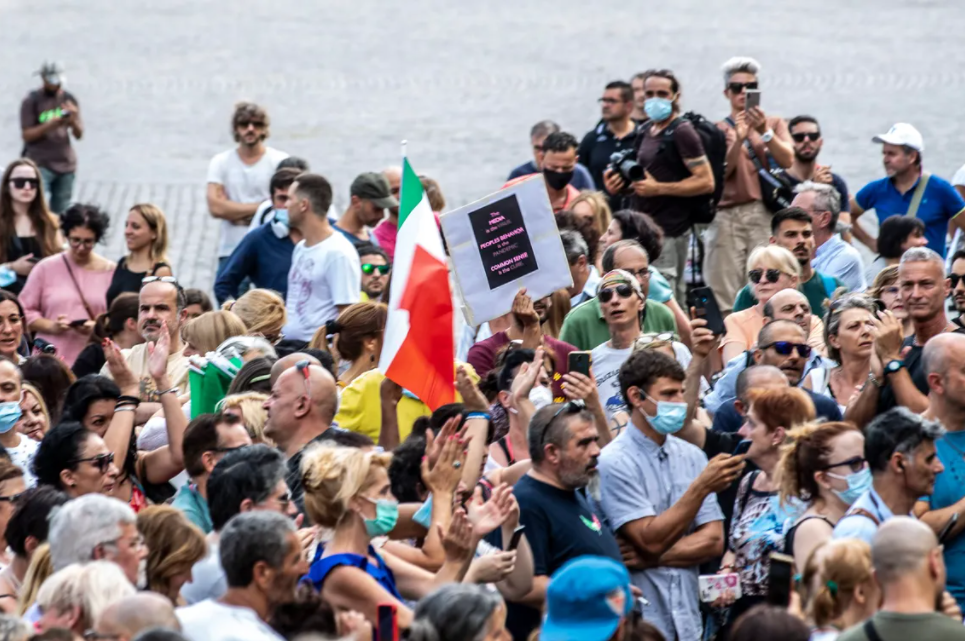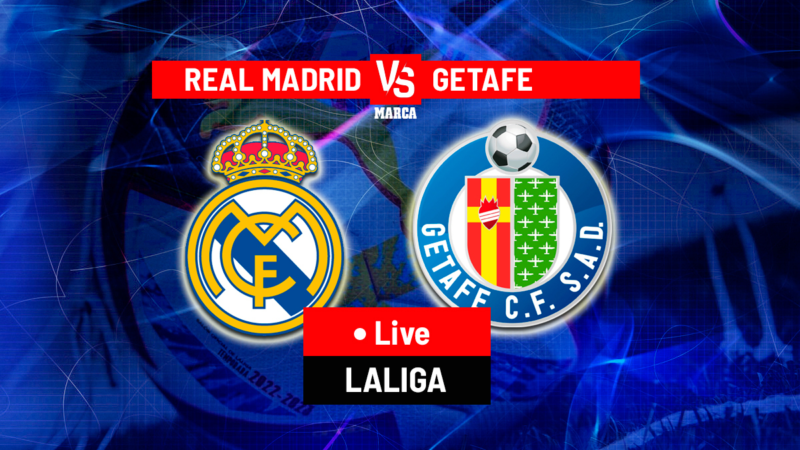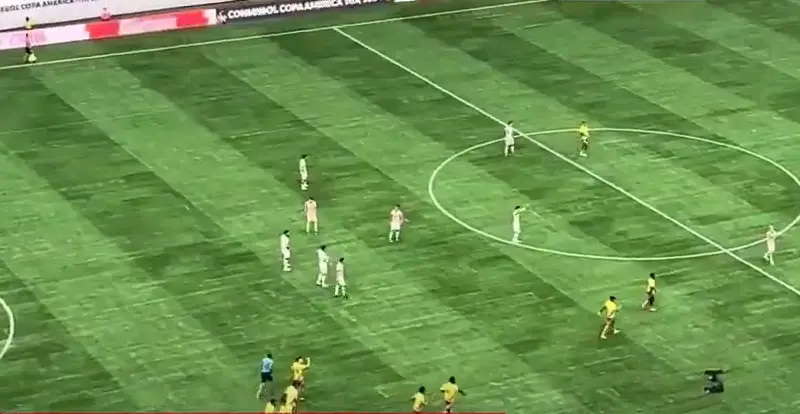In Italy, fascism will not recover
Fascist militants wanted, as in Washington on January 6, to attack the Chigi Palace, the Italian Matignon: they finally destroyed the headquarters of the main Italian party, the CGIL.

Direction Rome where the Italian Prime Minister made a strong symbolic gesture. Mario Draghi went to the headquarters of Italy’s largest trade union, the Italian General Confederation of Labor, on Monday to ostensibly shake hands with its general secretary, Maurizio Landini.
Matching words to action, he declared: CGIL «is one of the fundamental pillars of Italian democracy». Such a solemnity had not been seen for a long time and to understand it.
We have to go back a bit: on Saturday, a demonstration was organized in Piazza del Popolo, in Rome
About ten thousand people gathered to protest against the sanitary pass which is, in Italy, much stricter than in France. There were anti-tax people, angry traders, but above all far-right and fascist groups.
Extremists had another demo in mind: that of January 6 in Washington which resulted in the invasion of the Capitol. Several thousand of these Italian demonstrators, organized through Telegram loops, therefore rushed to the Chigi Palace.
Only, from Washington precisely, the security forces around the world are wary of these extreme right-wing groups organized through social networks: the Chigi Palace was overprotected and impregnable.
Never mind, these thousands of white-hot activists had only to turn to fall on the CGIL headquarters which they invaded, devastated, destroyed. Hence the gesture of Mario Draghi and the arrest on Monday of 12 fascist and far-right leaders.
But the six long hours of guerrilla warfare in the heart of the Italian capital seem to have marked a turning point
The question now facing the Italian government is: should we or should we not dissolve openly fascist parties or groups?
To do this, there is first article 12 of the Italian Constitution which prohibits the reconstitution of the Fascist Party. There is, then, a law of 1952 which makes it possible to dissolve political formations claiming to be fascist. So there is the legal route, but it is slow.
The other possibility would be to operate by decree. It is an option that Mario Draghi studies but with great caution: Italy is a flammable country that in the 1970s experienced a wave of political terrorism opposing the extreme right and the extreme left. Nobody wants to relive near or far what the Italians called «the years of lead».





